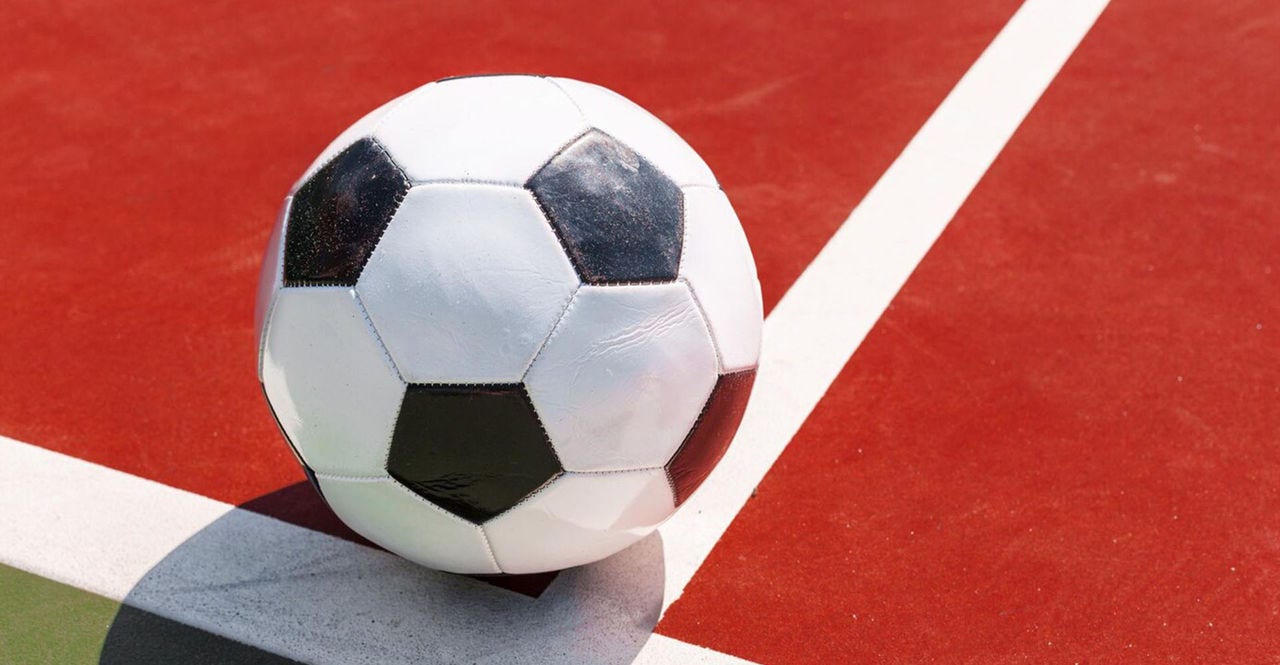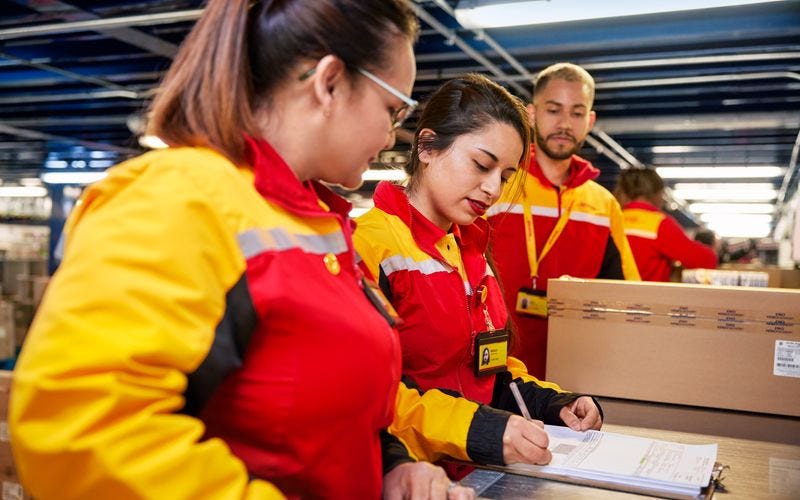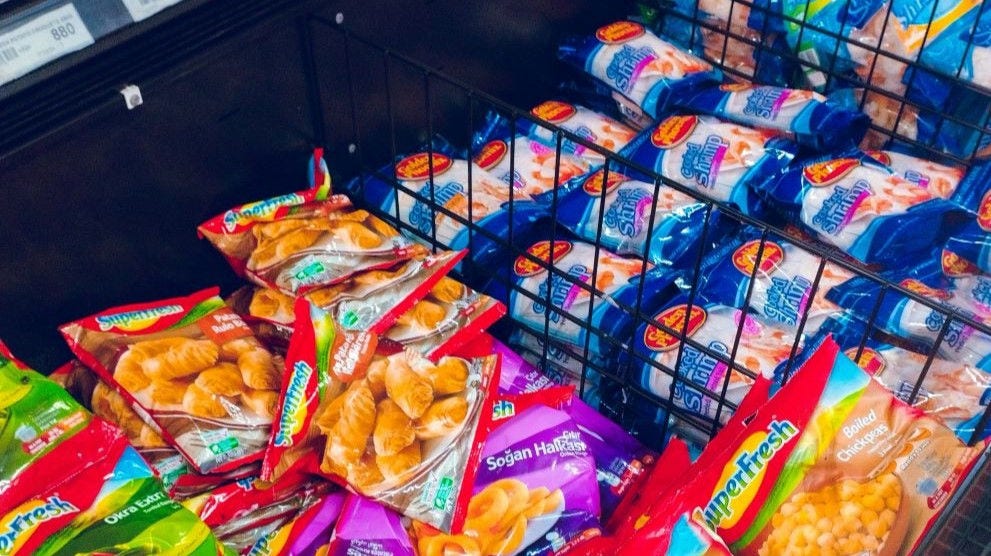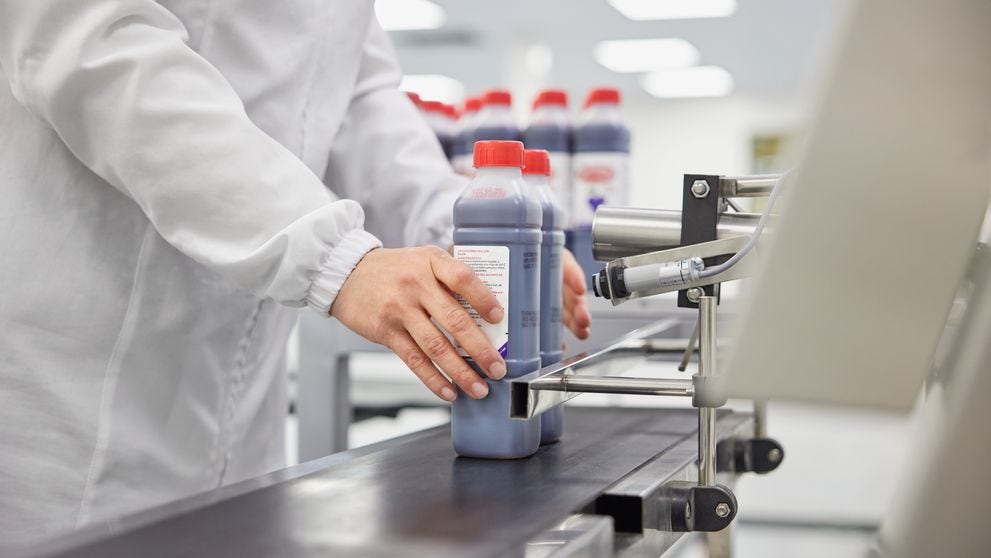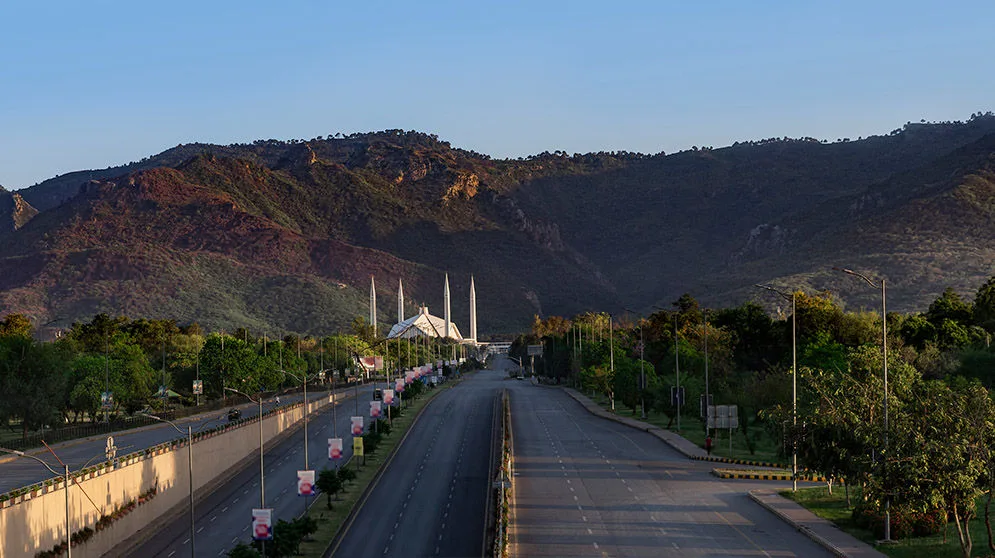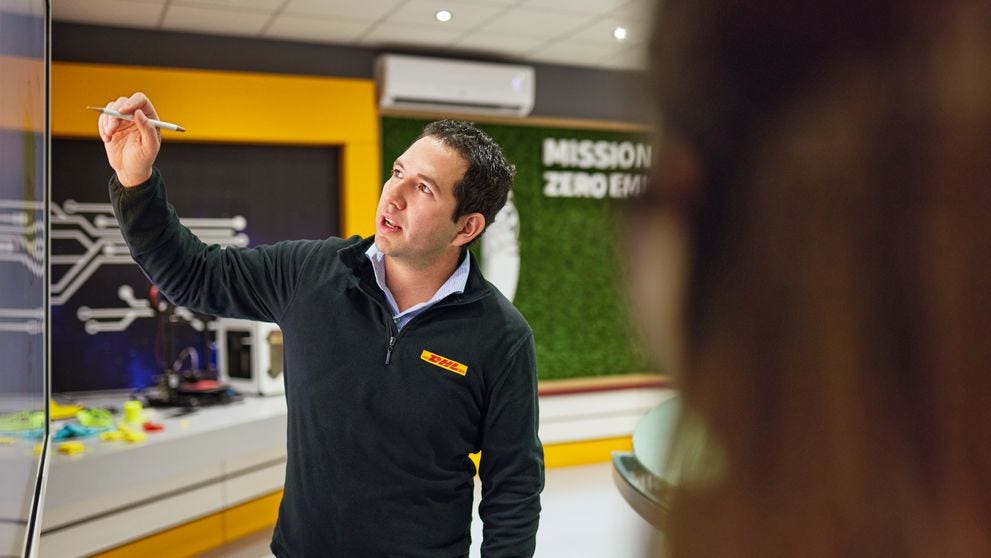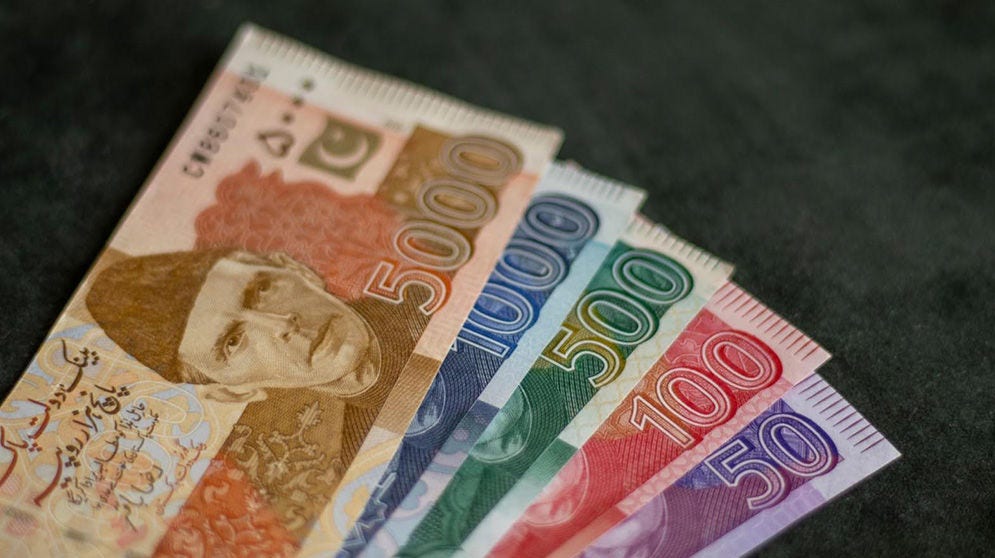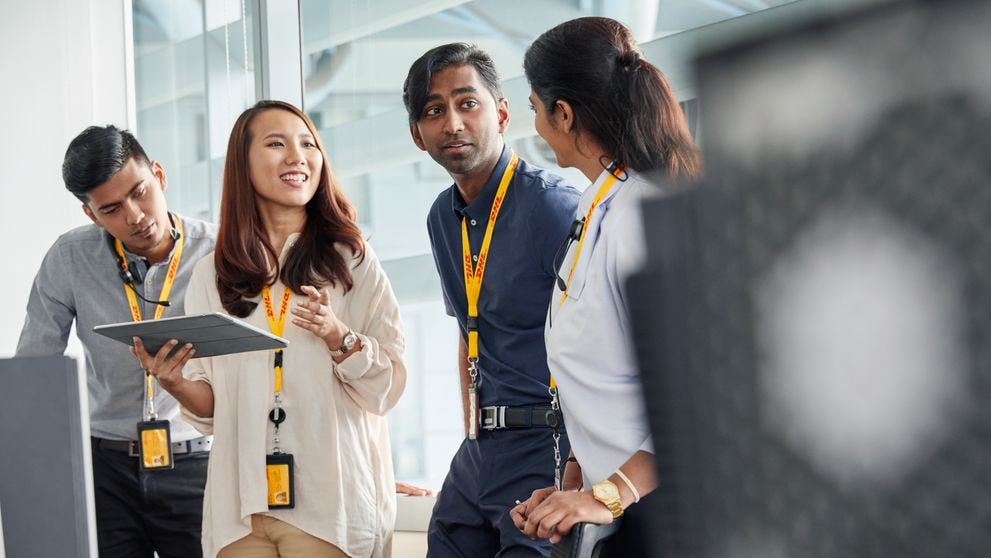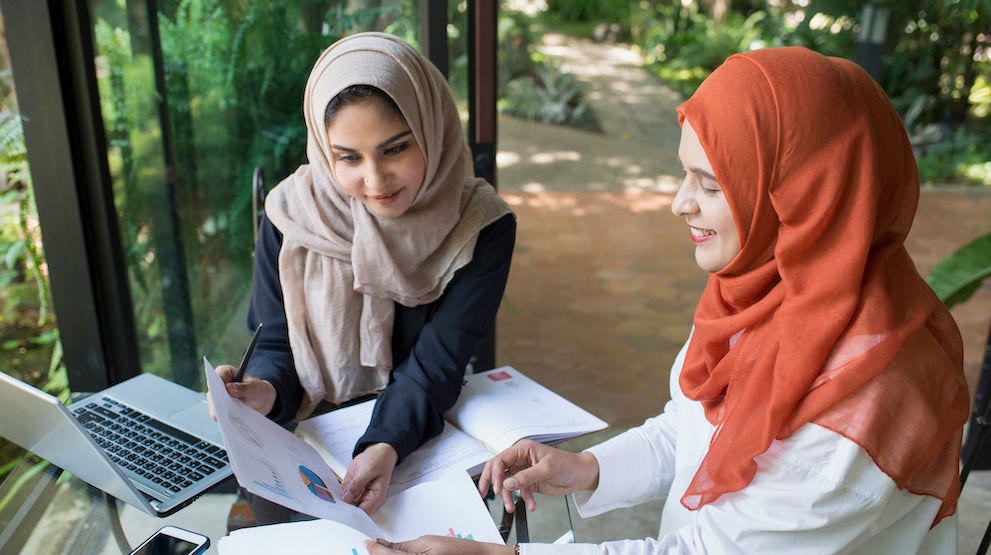
Sialkot City, in Punjab, Pakistan is famous for being the manufacturing hub for surgical instruments, musical instruments, leather goods, and most importantly, sporting goods. What sets Sialkot apart in the world of sports is that it is where international brands, like Adidas and Nike, source their sports equipment and sportswear.
For over a century, Sialkot has stood as a renowned manufacturer of sports goods, exporting high-quality sports gear and sportswear worldwide. Their manufacturing of sports goods dates back to 1883 when the British ruled the region as per the Government of Punjab. The British soldiers used to play with imported balls, so they had to wait a long time for new ones in case of any damage. As Sialkot people were skilful, they started repairing these footballs for the soldiers and eventually were given the basic facilities to do so, as reported in an article by Synergizer.
However, the sports goods industry fully expanded because of Sardar Bahadur Singh and Sardar Ganda Singh Oberoi. According to the Small and Medium Enterprises Development Authority (SMEDA), they established a factory producing sports items for British Army soldiers based in the northern sub-continent. Initially, the factory produced wooden items like cricket bats, hockey sticks, and polo sticks. By 1918, the production expanded to include footballs for the local British Army troops and, subsequently, for forces stationed in Singapore.
Today, Sialkot’s reputation as a reputable sporting goods manufacturer continues, having secured a significant position in the global sports goods market. The industry serves nearly every country globally, either directly or indirectly.
The craftsmanship behind Sialkot's sports goods
Small and medium-sized companies are the core of the sporting goods industry in Sialkot, as published in an article in Aurora. Typically, the sports goods businesses are usually family businesses handed down from generation to generation. While some sports goods and sportswear factories specialise, most companies manufacture a range of products related to the sports industries.
The manufacturing process of sporting goods
According to SMEDA, the manufacturing of sporting goods in Sialkot skillfully blends traditional craftsmanship with modern technology, ensuring products of superior quality that stand out in the global market.
A significant portion of the process of producing footballs is carried out by hand. Artisans meticulously hand-stitch each ball, a method that not only highlights the region's rich heritage in craftsmanship but also ensures exceptional quality and durability. Only specific steps, such as the cutting of panels and the creation of bladders, are mechanised. This careful combination of manual skill and automation results in footballs that are renowned worldwide for their high quality, setting them apart from those produced by competitors.
Conversely, the manufacturing of sportswear in Sialkot is predominantly automated. From pattern-making to cutting and sewing, modern machinery takes the lead, allowing for precision and efficiency at every step. This mechanisation ensures that sportswear meets the high standards of durability and performance expected by athletes around the world while also enabling mass production to meet global demand.
Sialkot’s sportswear and equipment are mostly made for international markets. Companies in Pakistan have received global recognition due to the quality that comes with their selection of raw materials, design, manufacturing process, and delivery to customers.
Major sports goods produced in Sialkot
From the wide range of sports goods that Pakistan produces, one of its largest export products is football. According to the Government of Punjab, Sialkot accommodates 70% of the global demand for hand-stitched inflatable footballs, which is around 40 million balls annually, worth US$210 million. During the peak season, which is the FIFA World Cup, the production of inflatable balls exceeds 60 million per annum and is produced by over 60,000 workers.
A key player in this sector is Forward Sports, renowned for manufacturing the official match balls used in FIFA World Cups, symbolising the high-quality standards maintained by Sialkot's industries.
Beyond footballs, Sialkot’s production extends to a diverse array of sporting goods, including hockey sticks, rackets, protective gear, cricket kits, and athleisure wear. Particularly notable in the field of hockey, Pakistan is recognised as a leading exporter of hockey sticks. Awan Sports, based in Pakistan, produces about 90% of the hockey sticks used by professional athletes worldwide, according to Jarrar Awan, the Director of Awan Sports Industries. This broad spectrum of expertly manufactured goods underscores Sialkot’s pivotal role in the international sports goods industry.
Sialkot’s export dynamics and global partnerships
Insights from the Government of the Punjab report that over 200,000 individuals are employed directly in the sports goods sector of Sialkot. Additionally, the sector’s exports of goods are valued at approximately US$450 million annually by about 2,400 companies. Some of the best sports equipment and sportswear brands source a large portion of their supplies of sporting goods from Sialkot, including:
- Adidas
- Nike
- Puma
- Select
- Lotto
- Umbro
- Mitre
- Micassa
- Diadora
- Wilsons
- Decathlon
Challenges and opportunities for Sialkot manufacturers
As Sialkot continues to expand its global footprint in the sports goods industry, manufacturers face a mix of challenges and opportunities that can impact their growth and operational efficiency.
Opportunities
1. Established reputation for quality
Sialkot manufacturers have a longstanding reputation for producing high-quality sporting goods. This reputation is a significant asset as it opens doors to high-profile brands and consumers who prioritise quality. By leveraging this reputation, manufacturers can expand their customer base and explore new market segments.
2. Global brand partnerships
The existing relationships with global sports brands offer lucrative opportunities for expansion and collaboration. Sialkot manufacturers can capitalise on these relationships to co-develop new products, enter new markets, and even enhance their operational capabilities through technology transfer and shared best practices.
3. Increasing demand for customised and innovative products
There is a growing trend towards personalised and technologically advanced sports equipment. Sialkot's manufacturers, known for their craftsmanship, are well-positioned to take advantage of this trend by offering bespoke solutions and investing in research & development (R&D) to innovate further in product development.
Strategies to enhance the visibility and competitiveness of Sialkot’s local brands in the global market
The growth of Sialkot in the global sports goods market is a testament to its strong manufacturing base and commitment to quality. Supporting local manufacturers by enhancing their international visibility and competitiveness is crucial for continued success. Here are key strategies that can be employed:
1. Strategic partnerships with other countries and organisations
Commercial Counsellor of the Pakistani Embassy in China, Ghulan Qadir, sees an opportunity for China to be a key collaborator in the production of sportswear and sports equipment in Pakistan. With their cutting-edge technology and extensive trade networks combined with the expertise of Pakistani artisans for crafting high-quality sporting goods, factories can cater to the escalating demand of the global market.
Furthermore, maintaining strong relationships with international sports tournaments, such as the Olympics or FIFA World Cup, is crucial for Sialkot manufacturers. These partnerships not only provide a platform to showcase their high-quality products on a global stage but also help sustain their presence and momentum in the competitive international market. Engaging with these prestigious events allows Sialkot’s manufacturers to remain connected with the latest trends in sports and consumer expectations, ensuring their products are consistently relevant and highly sought after.
2. Building a brand identity that can compete in the international market
While businesses in Sialkot have traditionally focused on manufacturing goods for other brands, launching their own brand in the international market represents a significant untapped opportunity. The advent of e-commerce and digital marketing now provides sportswear and sports equipment manufacturers in Pakistan with a more cost-effective pathway to reach a broader audience.
Embracing strategies such as social media, search engine optimization (SEO), and online advertising can effectively promote their products. Additionally, showcasing their manufacturing processes and product quality through engaging videos and articles can attract and retain a global customer base.
Learn more about the top e-commerce platforms to sell internationally and how to set your e-commerce social media business up for success.
3. Innovating product lines
Sialkot manufacturers are actively innovating their product lines to stay competitive. They are embracing new technologies, utilising advanced materials, and keeping pace with the evolving trends in sports sciences. Additionally, they are focusing on sustainability by incorporating eco-friendly materials into their products, appealing to a global audience that values environmental responsibility. By developing products with the latest advancements in athletic performance, Sialkot brands are distinguishing themselves from international competitors.
Sialkot manufacturers are also committed to aligning with global best practices. This commitment is evident in their adoption of sustainable manufacturing solutions and environmentally friendly shipping methods. By integrating these practices, they not only enhance their operational efficiency but also contribute to global sustainability efforts, further solidifying their reputation on the international stage.
